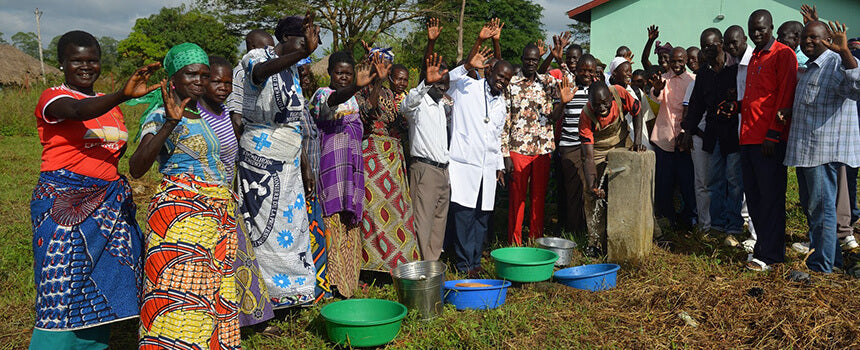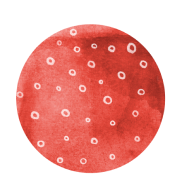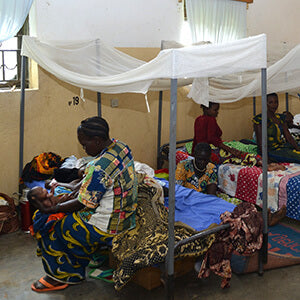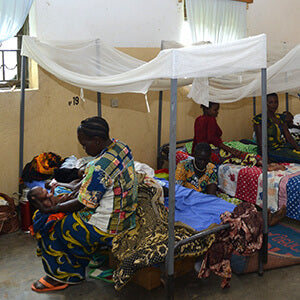Day 7
One week of water for a hospital patient in the DR Congo
 Let the water flow! Let the water flow!
Let the water flow! Let the water flow!


Sunny prospects for a hospital in the Democratic Republic of Congo

need
Enough and reliable running water for a hospital in Adi, DR Congo.
activity
The Institute Water for Africa eV purchases and installs a solar pump together with the hospital's technicians and trains them in operation and maintenance.
Measurable performance
Number of patients and relatives who can be supplied with clean water.
Result
The water supply works reliably around the clock. The hospital saves diesel, money and time, which can be used closer to the patients.
Systemically relevant impact
The solar pump helps to improve the health of patients. The occurrence of diseases caused by water pollution and shortages is reduced. Saving diesel reduces emissions.
background


The good deed
AboutDemocratic Republic of Congo
Kinshasa
Capital city

78 736 200
Population

495
Gross domestic product
per capita per year
176
Human Development Index
(Human Development Index)



